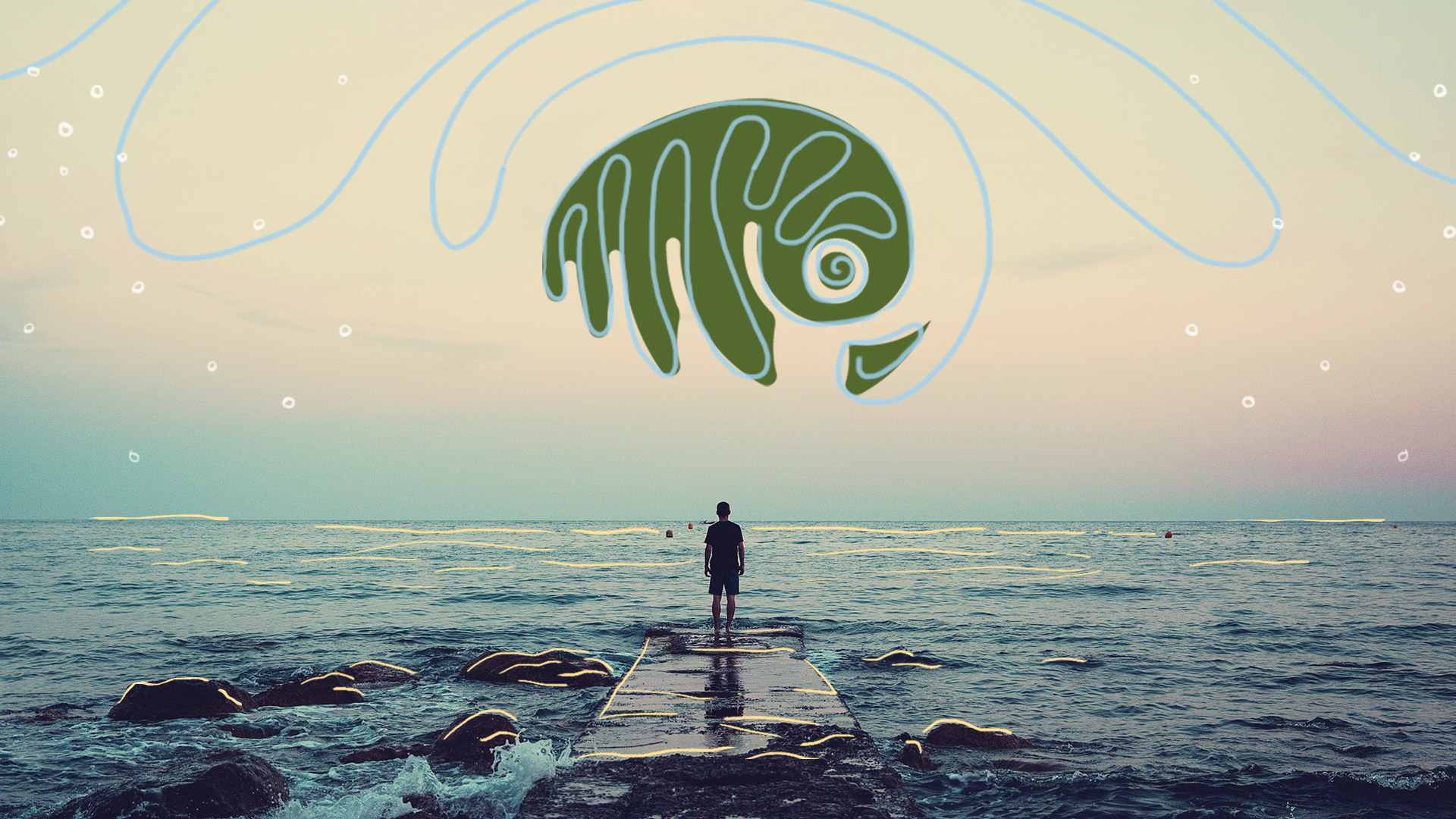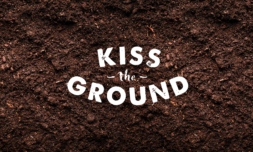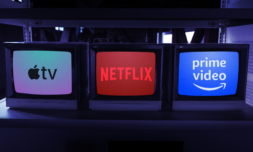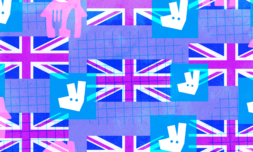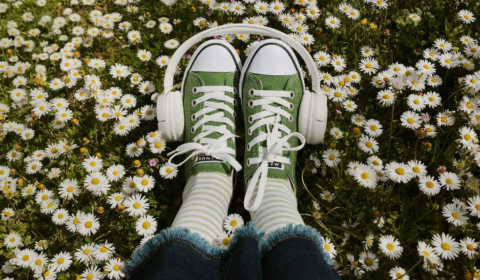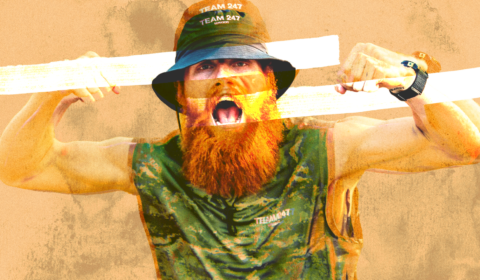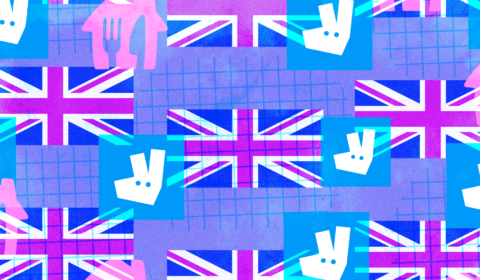What happens when NGOs, storytellers, and tech experts unite to take control of our ecological narrative?
One of the biggest hurdles that storytellers face today is the disconnect many of us have between problems ‘here’ and problems ‘far away’. We often feel untouched by global issues like climate change when their effects are, for many of us, geographically removed. Even if we do manage to transcend the numbing effect created by the glut of information we are faced with and fully internalise humanitarian issues to the point of seeking action, it can be hard to know what to do with that motivation.
WaterBear is a soon-to-be-launched streaming provider, app, and production company that aims to bridge the gap between seeing and doing in the world of social change. The Netflix of impact films, WaterBear is the ‘first interactive streaming platform dedicated to the future of our planet’, according to its website.
It houses both acquired content and original pieces of cinema, as well as ‘impact productions’ made in collaboration with its 75 partner NGOs (non-government organisations). These tell stories less told about the fight to realise the SDGs (Sustainable Development Goals) in battlegrounds less explored.
‘I think often in this industry we’ve had quite fact heavy, numbers heavy scary stories that make people go “oh that does sound bad but I’m not quite sure how I can process that information”’ says Sam Sutaria, WaterBear’s Head of Strategy, who I sat down with over Zoom last week. ‘What we need to do is make people relate to people and find those heroes and those characters on the front lines… and inspire people with amazing places and amazing actions.’
Working in a low carbon, low cost way, WaterBear hunts for stories to be told in collaboration with its NGO partners and local film crews. ‘What we try to do is find local partners to help us tell the story, so we actually have a massive growing global production network’ Sam says. Local film crews send content to WaterBear’s offices in Amsterdam and Bristol, where these impact narratives are created.
The platform presents viewers with digital action options immediately after consuming a film or show – whether it be a donation to one of WaterBear’s affiliate NGOs, a petition, or a direct community project. All action links are informed by the content you’ve just watched – for example, a documentary about the depletion of big cat populations might lead to a donation page to wildlife reserves in big cat habitats. ‘The main thing with us is not only do we inspire them [the viewer]… but we give them the tools right at their fingertips [to take action]’ Sam explains.
User engagement is clearly the central node of WaterBear’s brand ideology. Sam confirms that the platform was never intended to simply be a unidirectional information hub but a multifaceted space where users can connect with a network of organisations and non-profits. ‘The action element of the platform was always part of the WaterBear DNA.’
WaterBear is able to work through its partnerships to ensure there’s epistemology behind the type of actions being offered – only the most effective, and only what you can. As Sam explains, ‘For some people action means “I’m going to give some money”, for others it means “I’m going to plant a tree”… there’s so much stuff that’s going on and really the core value proposition of WaterBear is that we bring all that together in one place.’
A word that’s used a lot in our conversation is ‘impact’ – Sam defines some of the content WaterBear looks to house and produce as ‘impact narratives’. It’s a word you hear bandied about a lot in the zeitgeisty world of social change startups to the point where it often comes across as jargon. But with WaterBear, you get a real sense of the purpose of making an ‘impact’, and the ricochet effect created by the action of one object coming forcibly into contact with another. In this case, the impact is between art and the individual.
Art is an important emotional tool that helps people absorb the weight of global humanitarian issues intellectually, physically, and emotionally, whether it be biodiversity loss, air pollution in cities, overfishing – the list goes on. WaterBear is unique in that it aims to capture the energy created via the emotional power of a story in the form of human action.
The value of storytelling to charities and NGOs cannot be overstated. People need to be told not just that there’s an issue, but why they should spend valuable mental energy caring about it, or open their wallets for it. ‘Storytelling isn’t their [NGOs] main focus. Their main focus is obviously the amazing work they do on the ground. What we can try to do is help them with storytelling, and that’s where our original content pieces get really exciting’ says Sam.
‘…we work in partnership with these non-profits and charities, they come up with these amazing story ideas together with our creative teams then we put that into production. For the first time we aggregate all those stories together on the platform and deliver it to our growing community for free through our app.’
I questioned Sam about the thinking behind making the app free. ‘We didn’t want a barrier to entry’ he replies. ‘We didn’t want people to have to pay to access all this amazing content… We wanted to be able to have this amazing, free, beautiful, non-advertising-based experience.’
WaterBear is able to launch thanks to some very astute investor fundraising. In order to stay operational, Sam discloses that the platform will operate under a brand partnership model.









